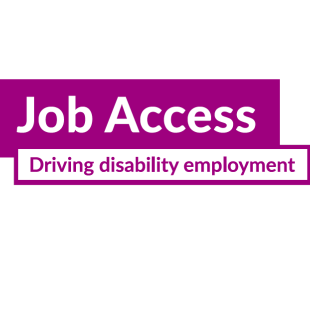Making sure conversations are respectful
Talk to your employees with disability as you would any other employee. Approach conversations in a way that makes people feel comfortable, valued and a part of the team.
Keep questions related to the job
You can only ask questions about how an employee’s disability relates to their job. For example, you can ask:
- how you can change the workplace to help your employee do their job
- how you can change work hours or rosters to help your employee be more productive
- about keeping the workplace safe for your employee and other team members.
You can’t ask personal questions about a person’s lifestyle. You can’t ask general questions about the employee’s health or disability, such as how they got it.
Basically, ask the same questions that you would of a person without disability.
Visit our page Interviewing people with disability for examples of questions you can and can’t ask during in an interview.
Try not to be patronising
Don’t assume that a person with disability can’t do something – that’s for them to decide.
Don’t say, ‘You’re such an inspiration’ when discussing their disability. The person with disability might not believe they are disadvantaged.
Use positive and sensitive language
The type of language you use is just as important as what you talk about. Use positive, sensitive language when talking about, or to, a person with disability. For example:
- do say: person with disability or person living with disability
don’t say: disabled person or handicapped - do say: the person has or experiences a particular condition
don’t say: the person suffers from a condition - do say: the person is a wheelchair user or uses a wheelchair
don’t say: the person is confined to a wheelchair.
It’s important to note that people have different preferences. Some people prefer identify-first language over person-first language. For example, they prefer ‘disabled person’ over ‘person with disability’.
People with Disability Australia’s Language Guide has more information and advice on respectful and inclusive language.
Awareness training
Some courses improve disability awareness in your workplace. You may also be eligible for funding to support training for your staff.
Useful Downloads
Related pages
Last updated:

Inclusive language tips for employers
Respect and sensitivity are key for an inclusive workplace.
JobAccess’ new Conversation Guide designed to support employers and employees in making workplace adjustments
JobAccess has launched a new Conversation Guide on workplace adjustments to facilitate an open, empathetic, and actionable discussion between employers and employees with disability.
